Project Management in IT and Software Development
Project management has long been thought to be the domain of traditional industries such as construction, manufacturing, and healthcare. However, as the need to deliver cutting-edge software solutions within time and budget increases, and client demands get more stringent, project management is finding a natural home in IT and software development as IT project manager. In this 5-minute read, we’ll aim to uncover what project management in IT/software development looks like, what tools are used, and the potential career profile for a PM in the IT field. Let’s get started!
Table of Contents
Understanding Project Management in IT/Software Development
At its core, IT project management entails the detailed planning and execution of IT and software-related projects. Projects can span applications including software development, information security, communications, hardware, network infrastructure, databases, and mobile app development.
The software development lifecycle can get complicated quickly, depending on the scale of the project. The project needs including the client requirements and expectations therefore need to be defined clearly at the start of each project. It is also important for the project team to agree on project details such as objectives, communication tools, milestones, deadlines, and reporting at the start of each project.
What is project management in software development?
Project management in software development involves planning, organizing, and overseeing the activities and resources required to complete a software project. It includes defining project scope, setting goals, allocating tasks, managing timelines, coordinating team members, and ensuring the successful delivery of the software within budget and quality parameters.
How is project management used in IT industry?
Project management is essential in the IT industry to ensure successful planning, execution, and completion of IT projects. It helps coordinate tasks, manage resources, set timelines, monitor progress, mitigate risks, and ensure quality control. Effective project management ensures efficient utilization of resources and timely delivery of IT solutions.
Project Managers as Navigators of IT Projects
Project managers in IT and software development wear many different hats. However, their core responsibilities span defining project objectives, ensuring quality control, and synchronizing diverse teams to meet delivery deadlines.
The project manager’s most important role is to bridge the gap between the technical project team and the client. They will translate the client’s vision into reality within the given constraints while ensuring that the project team works comfortably and can liaise with the client as necessary. The project manager also assigns specific tasks and roles to different team members.
Effective Teamwork in Software/Tech Development Projects
When you think of hiring an expert to “write my paper” in a collaborative fashion, that’s an example of agile and remote teamwork for project management in IT/software development. Similarly, teamwork is crucial in software/IT project management, and each team member usually has an assigned role to perform.
Crafting that shared vision before any project begins is the secret to the success of software development projects. This directly comes back to the software planning process, which looks something like:
- Defining the project goals and initiative. Here, the baseline, budget, deadlines, and stakeholders should be clearly defined.
- Brainstorming sessions including the entire team. Work should be broken down and assigned to individual team members and project roles clearly defined.
- Creating a resource schedule. Resources should be identified and allocated, and constraints evaluated.
- Performing risk management, identifying potential risks and their impact on the project.
- Selecting a task management and communication method or platform.
All these should be agreed upon by the entire team in the initial stage of the project. Robust communication promotes a shared vision and ensures that everyone is on the same page.
Types of Project Management in Software Development
Project managers in software dev have an array of tools at their fingertips designed to streamline the project management process. Let’s explore some of these:
Traditional Project Management
Traditional project management follows a sequential and linear approach, characterized by comprehensive planning before development begins. It emphasizes rigorous documentation and typically involves limited client involvement during the development phase. An example of this would be collaboration with a college essay service on your academic paper. You as the client would need to clearly define your expectations, budget, and deadlines before the project begins.
Waterfall Project Management
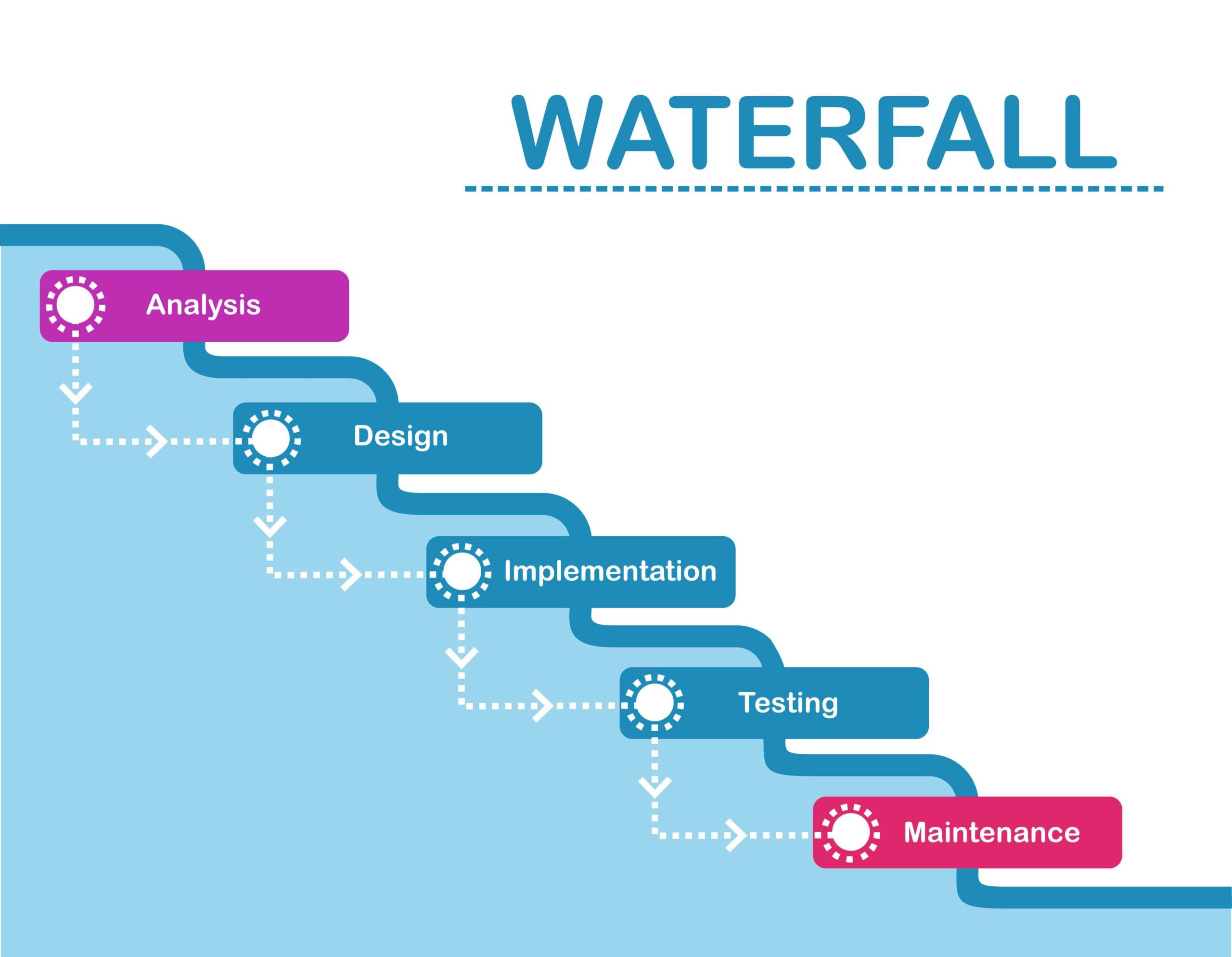
The Waterfall methodology also uses a sequential approach. However, stricter requirements are defined upfront, with detailed documentation and minimal client engagement after initial planning.
Waterfall is good for projects with clear, unchanging objectives, often found in manufacturing and construction. This methodology excels when project goals are well-established and unlikely to change.
Agile Project Management
Agile project management takes an iterative and incremental approach, offering flexibility to adapt to changing requirements. This is crucial for software development projects that require flexibility or evolve over the project lifecycle.
Lean Project Management
Lean focuses on eliminating waste and inefficiencies, promoting continuous improvement, prioritizing value-added activities, and quick delivery. It often involves cross-functional teams and is good for projects where efficiency and resource optimization are paramount, such as in manufacturing and startups.
Selecting the ideal methodology hinges on understanding the project’s nature and requirements. For instance, a software startup aiming to develop a Minimum Viable Product (MVP) may opt for Agile or Lean methodologies, allowing quick adaptation to user feedback and evolving needs.
Essential IT Project Management Tools
A diverse arsenal of project management tools empowers IT project managers. Jira, Trello, Microsoft Project, Slack, and even Git, facilitate the planning, tracking, and collaboration vital for project success.
In particular, Git while not thought of as a traditional PM tool. It is for version control and collaboration in lean and agile projects. The project manager can create issues and break them down into actionable tasks. While the rest of the team can track relationships, have conversations, and get notified of changes.
Building a Career
IT project managers play a pivotal role in organizations. They’re entrusted with planning and executing projects to achieve IT objectives. This multifaceted role encompasses project leadership, budget management, stakeholder communication, risk mitigation, and IT metrics analysis.
On the other hand, software development PMs are creating robust and bug-free software, meets industry standards, and most importantly, satisfies client expectations.
In the United States, IT project managers command an average annual salary of $94,494. The future is promising, with robust job growth projected in the field. The Project Management Institute anticipates a 33% growth in project manager jobs worldwide, creating 22 million new opportunities by 2027.
Pursuing a Career as an IT/Software Dev Project Manager
Aspiring project managers in these fields should focus on acquiring a blend of project management methodologies, technical IT skills, and relevant certifications. The Project Management Professional (PMP) and Scrum Master certifications are highly important. CompTIA ITF+ and the Google IT Support Professional Certificate are certifications that enhance credentials and open doors.
While many job descriptions seek bachelor’s degrees, experience can be equally valuable. Starting as a project support specialist or gaining hands-on IT experience can serve as stepping stones to an IT project management career.
Conclusion on project management in IT/software
Software development and IT projects are usually complex and multidimensional. Project managers serve as focal points of success for such projects, ensuring that the development flow is seamless, and both the client’s and team’s expectations are met.
Pursuing project management in software development can be highly rewarding, and places you at the center of cutting-edge tech. With project managers in the IT field increasingly on demand, and the nature of software dev projects continuously evolving, this a field worthy of pursuing in all its aspects.

Victor Z Young is a Civil Engineer with 35 years of experience working alongside the executive team of various construction companies. Victor specializes in construction insurance, delay analysis, performance analysis and engineering. He holds a Doctor of Project Management from Northwestern University.

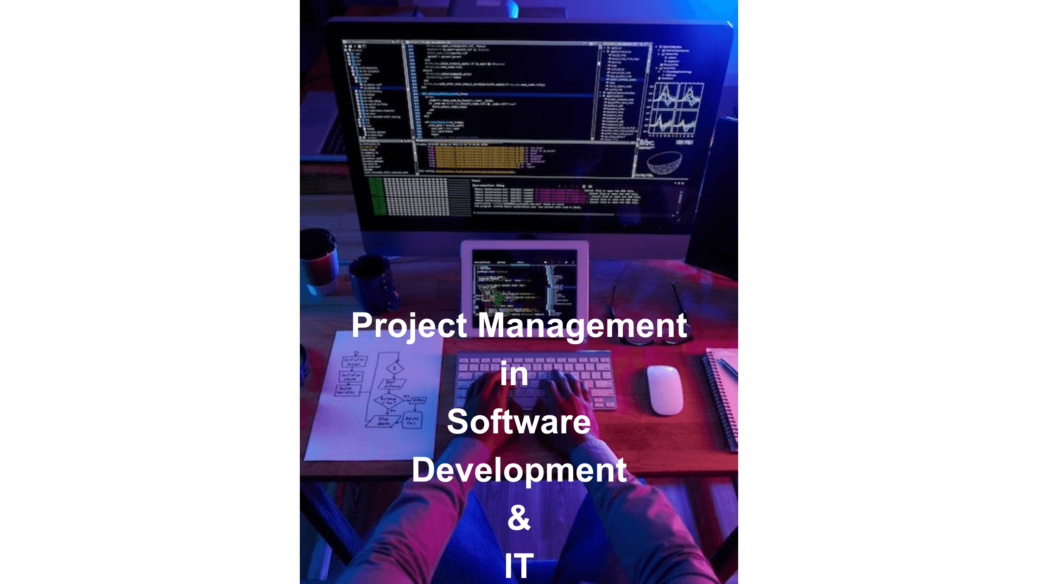
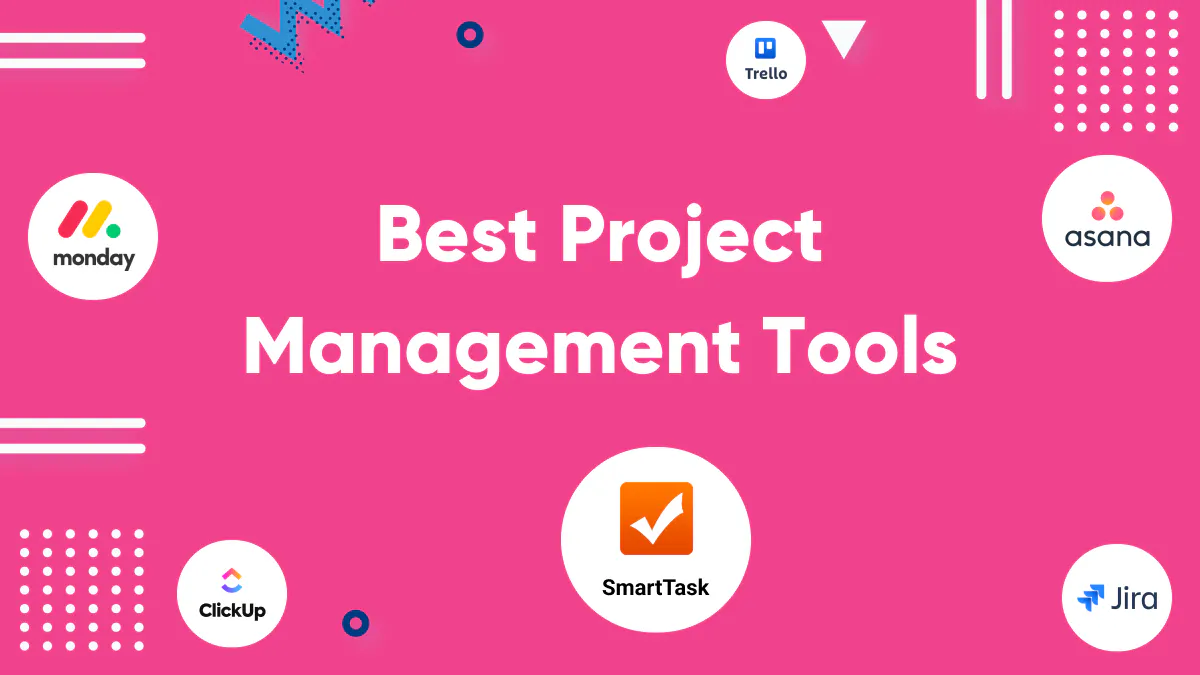
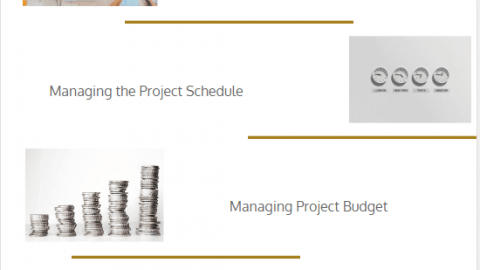

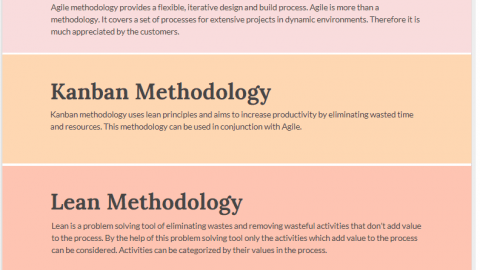






Useful information, thank you for sharing.
thankyou